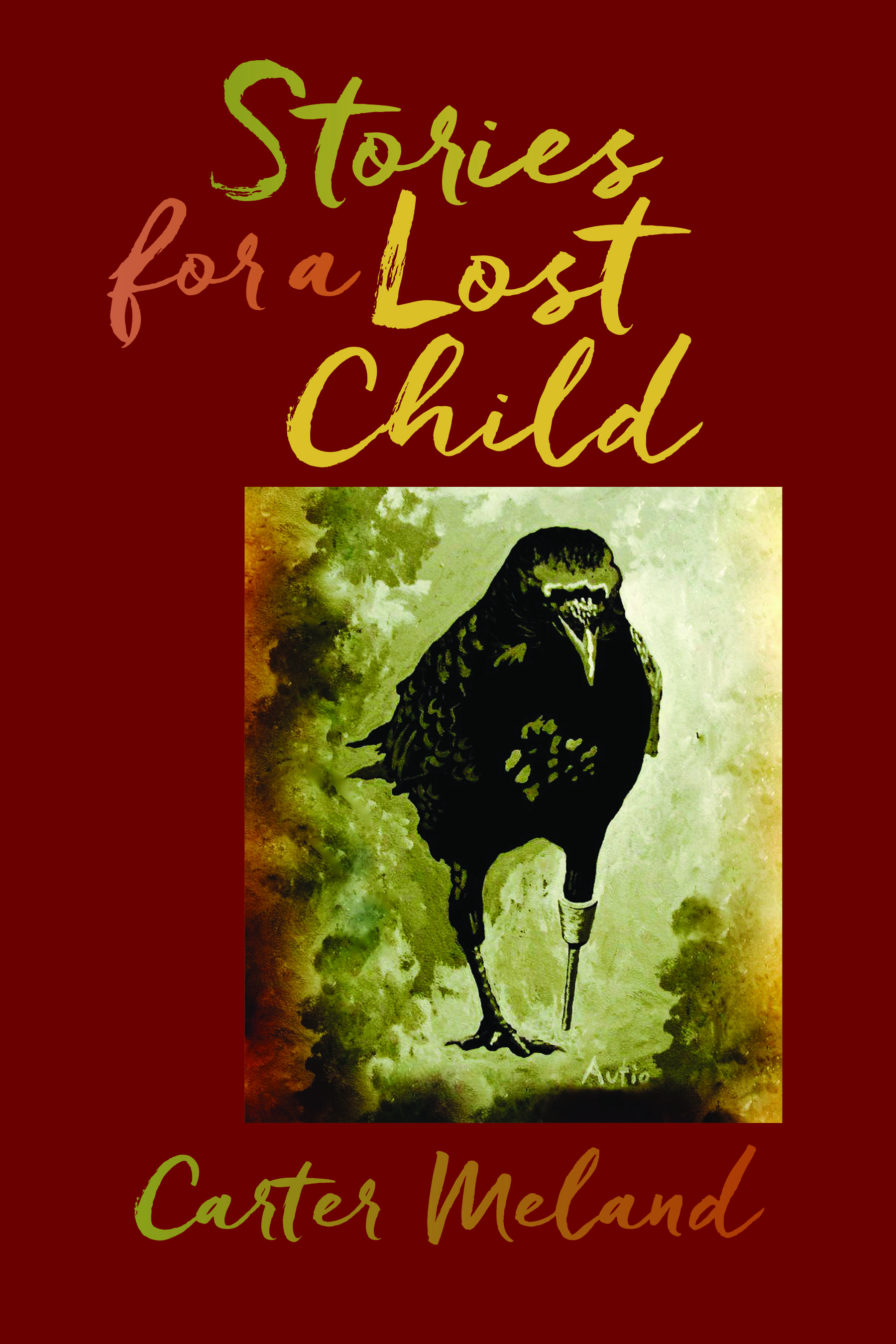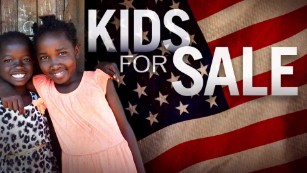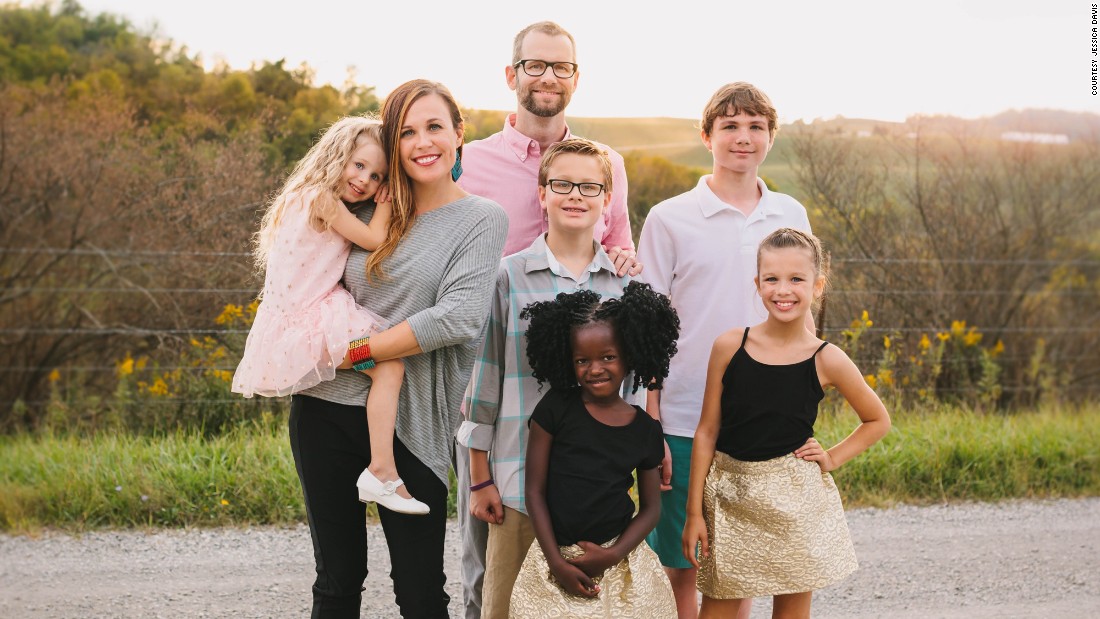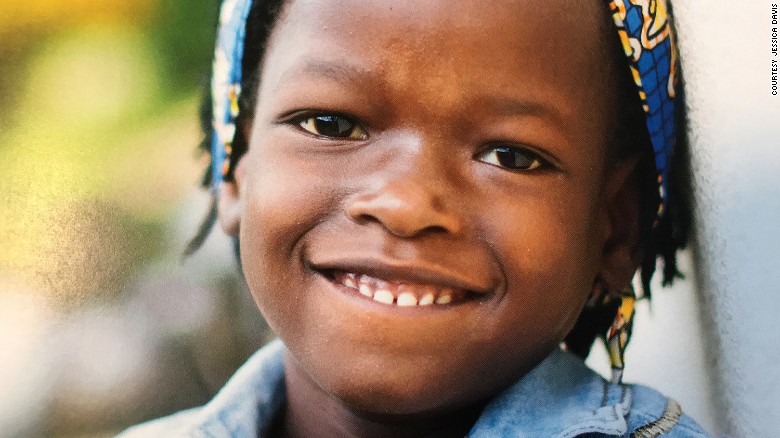Robert Kalkman's memory of the woman standing outside the window is like the frame from a negative burned too hot by light.
Among
the shapes of things in this memory is his adoptive father leaving the
house in Fort Frances, Ont., to speak with this woman who kept coming
back to stand outside the window.
"I remember as a child looking
out the window and seeing this lady standing on the street and the
commotion of my dad going out and begging her to leave," said Kalkman,
53.
"I was like three years old; it's the last thing I can remember."
Later in life, he would come to know the woman in the window was his biological mother, Kathleen McGinnis.
There
is only one photograph of McGinnis that remains. It's from the 1952
edition of the magazine Northern Sportsman and published above an
article headlined,
I Write About Indians. The photograph is of an
Anishinaabe family having a picnic. The caption does not identify anyone
in the photograph, but Kalkman's biological family told him that
it is
her, as a baby, swaddled and fastened to a cradleboard.
 |
| This
is the only surviving photograph of Kathleen McGinnis. She is the baby
attached to the cradleboard in the upper right-hand side of the
photograph. (Submitted by Robert Kalkman) |
There
are other documents about Kalkman's biological mother — coroner and
police reports from April 1978. There are witness statements about the
accident, how she seemed dazed waving cars down on a highway near
Calgary when she was suddenly struck and killed on April 3. The impact
severed one of her legs and the circumstances that led to her death
remain shrouded in mystery.
Kalkman was out in northern British
Columbia a few years ago in a work camp when he came across a website
listing missing and murdered Indigenous women. He first noticed the name
of a woman he once went to school with and then he noticed his mother's
name, along with that of her two sisters,
Edith Quagon and Sarah Mason, who were both separately murdered by men plunging a knife through their hearts.
"I was like, 'wow.' I was just overwhelmed," he said.
"I
wish whoever the police was, or whatever, spent a little more time
investigating and looking into it. If it was a white person, they would
be all over it."
Kalkman would later learn that his biological
mother was hitchhiking to British Columbia from Thunder Bay, Ont.
McGinnis had heard one of her two children — seized in 1966 from her
father's house on the Manitou reserve portion of Rainy River First
Nation while she shopped in Fort Frances, Ont. — had been adopted by a
family that had moved from Fort Frances to B.C.
"She died coming to try to find me," said Kalkman.
"It's an identity you lose, the moment she is gone."
Aftershocks
McGinnis's
family, along with Kalkman's sister Diane Geissler, testified in
Thunder Bay in early December during three days of hearings held by the
national inquiry into murdered and missing Indigenous women and girls.
Kalkman didn't make the hearing.
Kalkman's story is also one among
thousands of aftershocks still reverberating from the Sixties Scoop
when child welfare agencies across the country would seize Indigenous
children and quickly adopt them out into the care of non-Indigenous
families.
His
story also connects the Scoop with residential schools, which McGinnis
attended, and reveals the systemic discrimination that led state
agencies to repeatedly seize Indigenous children.
 |
| Robert
Kalkman, aged 2, is held by the caretaker of the foster home where he
was placed after he was taken by child welfare agents. (Submitted by Robert Kalkman) |
Ontario's
child welfare agents determined the teenage mother — who had Geissler
at 14 and Kalkman at 15 — didn't have the financial means to raise her
children despite the fact she lived with her parents.
"It was
because she was Native and lived a traditional lifestyle. She couldn't
prove that she had an apartment or a house. It wasn't in her name, it
was in her parents' name," said Geissler, who lives in Thunder Bay a few
blocks away from where McGinnis lived before she left hitchhiking,
looking for one of her children.
"She couldn't prove income
because they hunted, trapped — they had a trapline — and fished for
food. They grew their own vegetables, they picked berries, they picked
herbs. They didn't have a nine-to-five job. They lived on the reserve."
Seized by child welfare
Kalkman
and Geissler don't know the exact date or the details about the
circumstances leading to the moment when they were seized. There is a
story about a snowstorm stranding their mother in Fort Frances on the
day they were taken. There is another about an uncle who hid them in a
closet until a child's cry gave them away. Kalkman said one of his aunts
confessed to him in 1991 that she had called child welfare because she
was worried about the care the children were receiving.
Geissler
was immediately adopted by a family that remained in the Fort Frances
area. Kalkman remained in foster care for about a year until he was
adopted at age two by a Fort Frances doctor who had treated him for
various ailments.
"I think as a family we thought we were ...
helping out someone who has a need," said Peter Kalkman, Robert
Kalkman's adoptive brother.
"I think we did it for the right reason."
 |
| From
left to right: Robert Kalkman with his adoptive family Klari Kalkman,
Johannes Wilhelmus Kalkman and Peter Kalkman. (Submitted by Peter
Kalkman) |
Peter Kalkman remembers as an eight-year-old going to the courthouse with his parents to finalize the adoption on Feb. 24, 1967.
"It
was very serious circumstances where the judge is saying you are taking
on this person to be part of your family," said Kalkman, a radiologist
who now lives in Abbotsford, B.C.
"It's a very large responsibility and commitment and we all felt that way."
Robert Gary Shebageget became Robert William Kalkman that day.
The family then moved to Vancouver.
'You're an Indian'
Throughout
his early years, Robert Kalkman said he didn't contemplate differences
with his adoptive home's older brother and sister, who were the
biological children of his adoptive parents. He never noticed his darker
skin or wondered where he came from. He liked to dress up like a
cowboy.
Then, at the age of nine, he noticed one of his friends
in the Vancouver neighbourhood where he lived had stopped playing with
him. When he asked him why, the answer shattered his world.
"He said, 'Because you're an Indian. My dad said you are an Indian,'" said Kalkman.
 |
| Robert, aged 12, and his adoptive father Johannes Kalkman, when they lived in Vancouver. (Submitted by Robert Kalkman) |
When he got home, his adoptive mother Janet Kalkman was cooking.
"I asked her, 'Mom, am I an Indian?' She said, 'Don't talk to me right now, I'm cooking,'" said Robert Kalkman.
"I went to my room and looked in the mirror."
A
little while later she came into his room and put down a book. Kalkman
said the book had about 40 pages of black and white photographs
depicting Ojibway people from Minnesota and Ontario.
"That is when I started rebelling," he said.
 |
| Robert Kalkman, around age 17, in Vancouver. (Submitted by Robert Kalkman) |
"I had an identity crisis."
His
life became a series of conflicts with his family, with his school and
with the law. Eventually his adoptive parents turned him over into the
custody of the courts at age 13. He became a ward of the state, again,
and bounced between foster homes and juvenile detention centres.
"I was so angry at the world because I didn't know who I was, where I came from or what was going on," he said.
"I despised the fact I was Native. I would fight every Indian I could fight."
The girl at the bus stop
The
anger may have totally consumed and eventually destroyed Kalkman except
for a girl he saw from a city bus window standing at a downtown
Vancouver bus stop in 1987. He wouldn't see her again for several
months. In that time he would end up serving 80 days in jail for failing
to pay a $548 fine for drinking and driving in a car stolen from his
adoptive parents.
 |
| Robert and Kathleen Kalkman on their wedding day, Aug. 3, 1991. (Submitted by Robert Kalkman) |
When
he got out, he decided to try and make a go of it and enrolled in a
college where the girl from the bus stop also attended. They fell in
love and married on Aug. 3, 1991.
Robert and Kathleen Kalkman, who
is from the Tahltan Nation, now live in Chetwynd, B.C., and they have
four sons, aged 27, 25, 17 and 15, along with two grandchildren aged
three and five.
Kalkman, a journeyman carpenter, made a career working in gold mines and oil fields throughout northern B.C..
 |
| Robert
and Kathleen Kalkman, centre, with their children, from the left:
Dakota Kalkman, Kross Kalkman, Trey Kalkman and Jeremy Kalkman. (Submitted by Robert Kalkman) |
Still there was a piece that remained lost.
His
adoptive father, Johannes Wilhelmus Kalkman, who died from cancer about
two years ago, "harboured quite a bit of anger for many years" over the
adoption, said Peter Kalkman, 59.
And Janet Kalkman, who is 85
and living in an assisted care home, remains "a little bit ambivalent
about the whole thing," said Peter.
"My
wife, she has brothers and sisters, a mother and a father. My kids look
at me and say where is your mom? Where is your dad? You got to look at
them and say, 'All you got is me,'" said Robert Kalkman.
"Every
time I wake up in the morning I tell them, 'I love you.' I tell them in
their face, 'I love you.' That is the connection I have to have because
this is all I have. I won't let anybody try to take what I have now."



















/arc-anglerfish-arc2-prod-sltrib.s3.amazonaws.com/public/XRVK76PIPRB4PCP32HN4QRCAHE.jpg)











